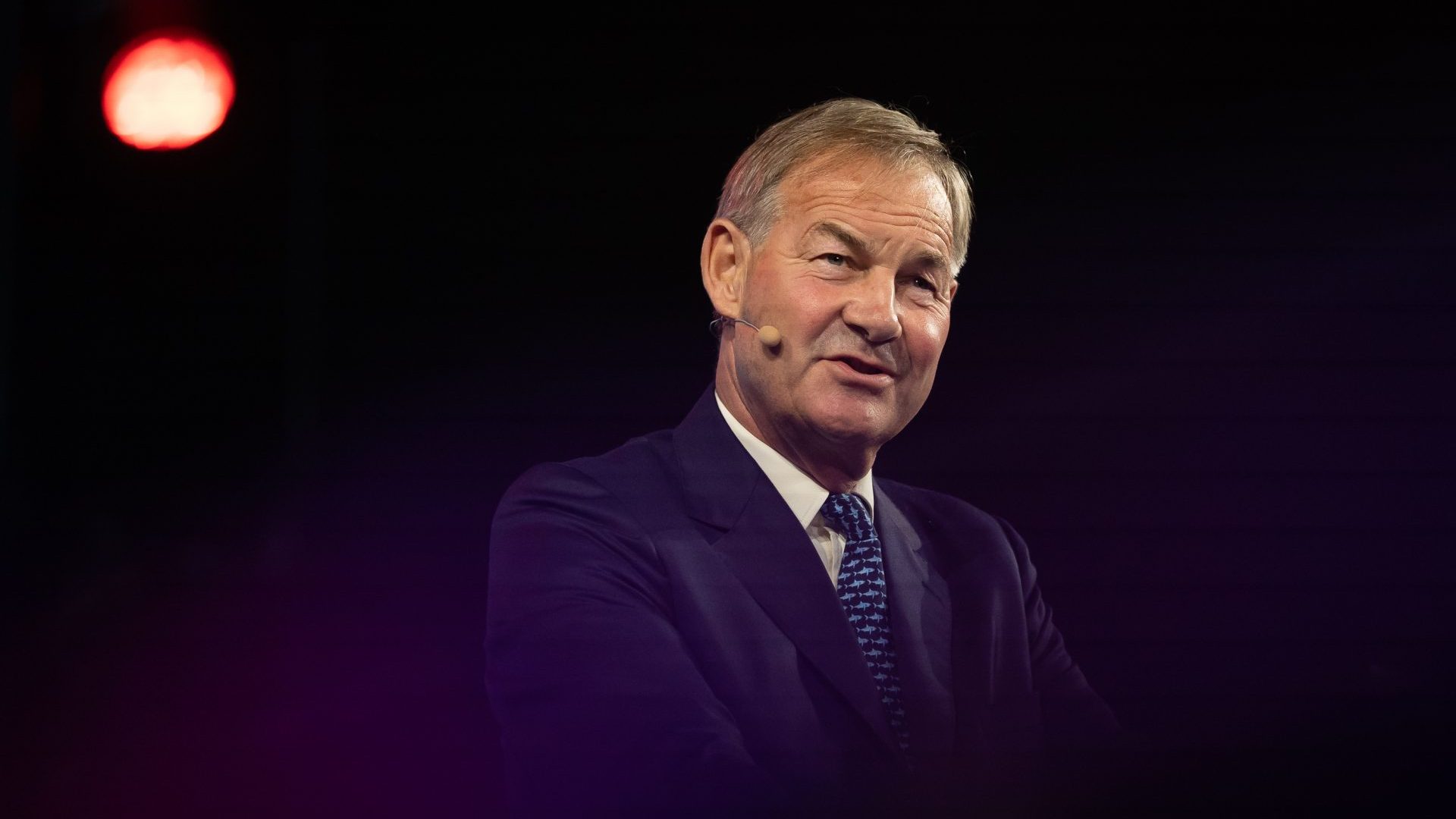Later, when I walked out of the tube, jaw still clenched and full of nervous energy, I told myself that it was a lesson worth learning. Speak to strangers in public spaces at your peril: many interactions will be pleasant or neutral but, if this is the sort of life you’re trying to lead, then you must be ready for confrontation.
Of course, I didn’t know this when the woman next to me on the Piccadilly line complained about the temperature in the carriage. She pointed to what looked like a way to turn on the aircon, I did my best to move the lever, but nothing happened. She sighed, I made some daft joke about TfL conducting an immersive sauna experience and, in an ideal world, it would have ended there.
Instead, she drew my attention to the state of the tattered seats, and we both agreed that those trains could do with a bit more love – and investment. “Well, we all know where the money’s going, don’t we?” she said. In the split second that followed, I considered all possible options and concluded that there was no world in which the rest of our chat would go well.
At best, she could have talked, perhaps, about the decade and a half of under-investment thanks to successive Conservative governments, but somehow that felt unlikely. My pessimism was proved right a moment later, as she brought up the hotels some asylum seekers currently live in. This was the point at which my face became a porcelain mask, and I began saying everything through a polite, tense smile.
“I don’t think that housing some people in need costs so much that there can’t be any investment on the London underground”, I said, and she hmmed and thought for a moment. “50,000 of them in a year though,” she replied, mentioning the recent story about small boat arrivals since Labour got into power, which clearly hadn’t passed her by.
I pointed out that 50,000 people just didn’t feel like a whole lot for a country of 60 million people to have to absorb and again, she looked pensive and just changed the topic slightly. As it turned out, her favourite politician was Rupert Lowe, the former Reform MP. The porcelain mask broke for a moment and she noticed. “Do you not like him?” she asked, seeming genuinely curious.
Suggested Reading


Rupert Lowe sees a ship come sailing in (wrongly)
Putting the placid smile back on, I explained that I was an immigrant myself, and that half my family is Muslim, so while I don’t like Lowe, I would argue that he didn’t like me first. My mention of the I and M words made her raise her eyebrows but again – again! – she simply chose to move on.
“I just don’t get why Sadiq Khan has a knighthood,” she said, adding that he’d obviously never done anything worth praising. My reminder that he did manage to win three London mayoral elections in a row didn’t inspire her all that much but, against all odds, I caught her attention when I added that the capital’s air is now considerably purer than it once was.
“Yes, that’s true”, she said, finally engaging with one of my points. “ULEZ is very good, that’s fair enough”. Underneath the porcelain, I had to resist the urge to burst out laughing. That was what did it? In any case, my stop was coming up so I stood up, we politely bade each other goodbye, and I left the train.
It took most of the 20-minute walk to the Serpentine Lido in Hyde Park to get my blood pressure back to normal. As a proud liberal, metropolitan bubble dweller, I’d never met any of Lowe’s supporters before. I’m also unsure what I’d been expecting but, somehow, the fact that she looked and sounded entirely normal left me feeling a bit nauseous.
I’d obviously known, in the abstract, that there were people on the other side of the populist propaganda machine, ingesting all that xenophobic slop, but encountering them in person felt different. It also felt frustrating: I wouldn’t say I love arguing for arguing’s sake, but I would have been up for a proper debate.
What I got instead was someone regurgitating Facebook posts at me, then clearly finding it impossible or useless to keep going once I’d responded. Was she hmming because she was busy ingesting what I’d said or because she had so much contempt for what I was saying that she didn’t even see the point in fighting back?
I suppose I’ll never know. That doesn’t mean I’ll stop merrily chatting to strangers while out and about in the world, though. There’s no way for me to know if I managed to change her mind even slightly, but I feel quite strongly that it was important for me to try. So much radicalisation happens when people stop talking to each other, and start getting all their information from biased, manipulative online sources.
Being confronted with someone who probably doesn’t believe I belong in Britain wasn’t necessarily what I wanted when off for a sunny swim, but that’s what living in society is like. Nothing good can come from us refusing to speak to each other. That’s another lesson we ought to keep in mind.



